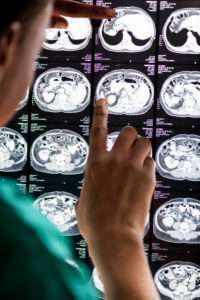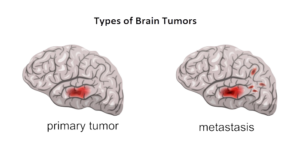Back pain after a seizure
Seizures are sudden, uncontrolled electrical disturbances in the brain caused by various factors, including neurological disorders like epilepsy, brain trauma, and stroke. They can cause changes in behavior, movements, feelings, and levels of consciousness. Having a seizure can be an intense and physically taxing experience, sometimes leading to additional physical consequences, such as back pain.…







 Follow the brain tumor surgeon’s post-operative instructions diligently.
Follow the brain tumor surgeon’s post-operative instructions diligently.




